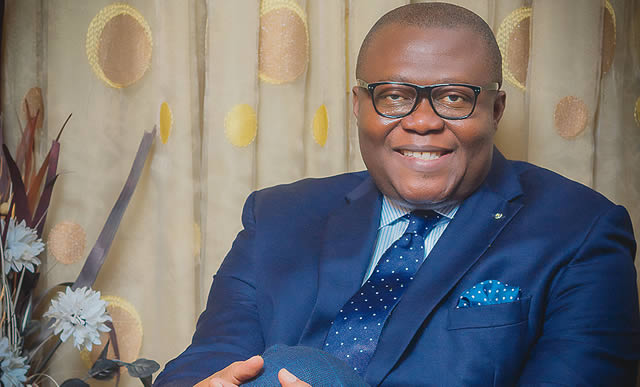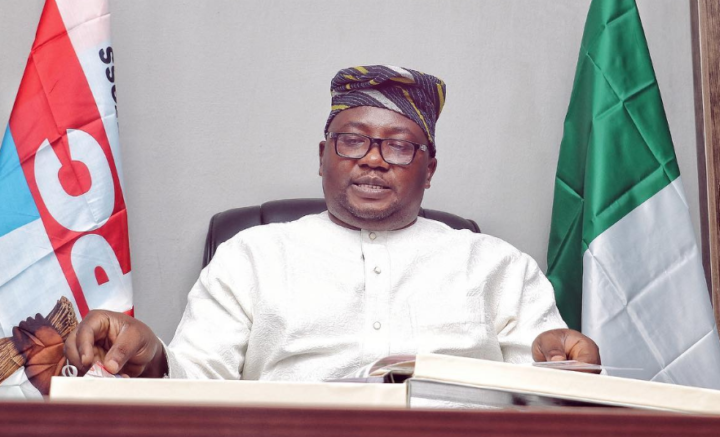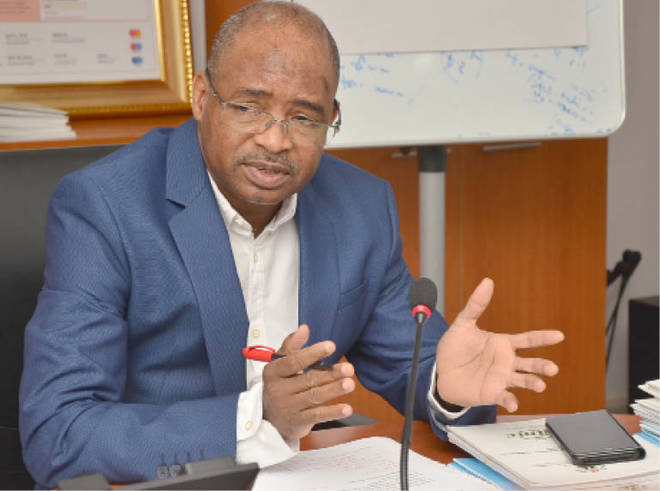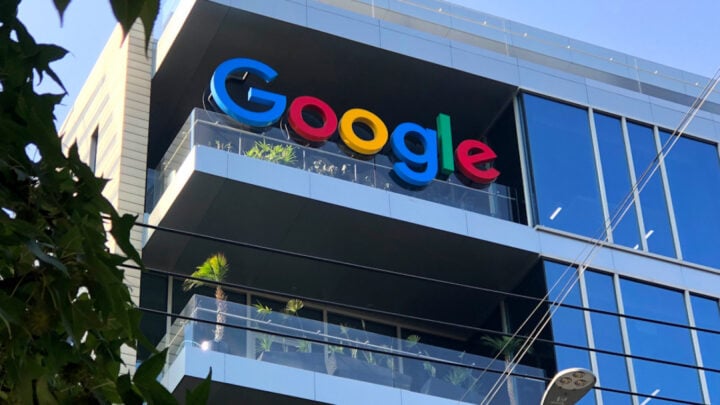Ehi Braimah, the publisher of the Naija Times, says the new marine and blue economy ministry is full of opportunities to grow Nigeria’s economy.
On August 16, President Bola Tinubu released the list of the ministers and their portfolios, listing Adegboyega Oyetola as the minister of transportation and Bunmi Tunji-Ojo to head the marine and blue economy — a new ministry.
However, days after, the president announced the reshuffling of his cabinet, redeploying Oyetola as the minister of marine and blue economy and Tunji-Ojo as the ministry of interior.
Speaking on Monday during Sunrise Daily, a Channels TV programme, Braimah said the blue economy has the potential to add trillions of naira to Nigeria’s annual revenue if steps are taken to fix loopholes.
Advertisement
The journalist, who said he has been researching the blue economy since 2020, noted that putting a credible strategy in place and taking cues from established models across the world would help the new minister learn the ropes quickly.
He said the African Union has estimated that the potential of a blue economy in the continent is about $300 billion.
“If we get our acts right, Nigeria will be making a lot of money. In fact, we have no reasons to be in deficit,” he said.
Advertisement
“Just imagine, about three years ago, our appropriation budget was N10.5 trillion which is about $ 29.42 billion. We were using the rate at the time. Today, we are having a budget of N21.83 trillion with a deficit of N12.1 trillion.
“If we stop all the leakages and optimise our revenue channels, Nigeria has no business being in deficit.
“As a matter of fact, our revenue every year should be in the region of 40 to 50 trillion naira and the blue economy which has just been created will add to that revenue.
“There are a lot of opportunities…it’s to build a credible strategy and to know more about the blue economy.
Advertisement
“For the benefit of the new minister who would head the ministry, there are already established models so let’s start from there.
“We can learn from the Republic of Ireland, for example, South Africa, Seychelles — they established blue economy models. In 2012, that was the Republic of Ireland, then in 2014 — that was South Africa, then Seychelles was in 2015.
“Secondly, opportunities for growth — revenue growth, job opportunities, livelihood. I can talk about fishing. There is a lot of fishing going on in our coastal communities. I’m also talking about transportation — marine transportation, shipping.”
Braimah said the country is losing a lot of revenue to a lack of optimisation of maritime transportation, adding that more vessels exporting goods out of Nigeria will reduce the pressure on the foreign exchange in the country.
He also said the new ministry will create jobs in the country in different areas especially as there would be a lot of inter-agency collaborations under the ministry.
Although Braimah said a lack of accurate data and maritime insecurity would pose challenges, he expressed hope that seasoned hydrographers and the Nigerian Navy will support the new ministry to sail smoothly.
The marine and blue economy oversees a range of economic activities related to oceans, seas, and coastal areas.
Add a comment






